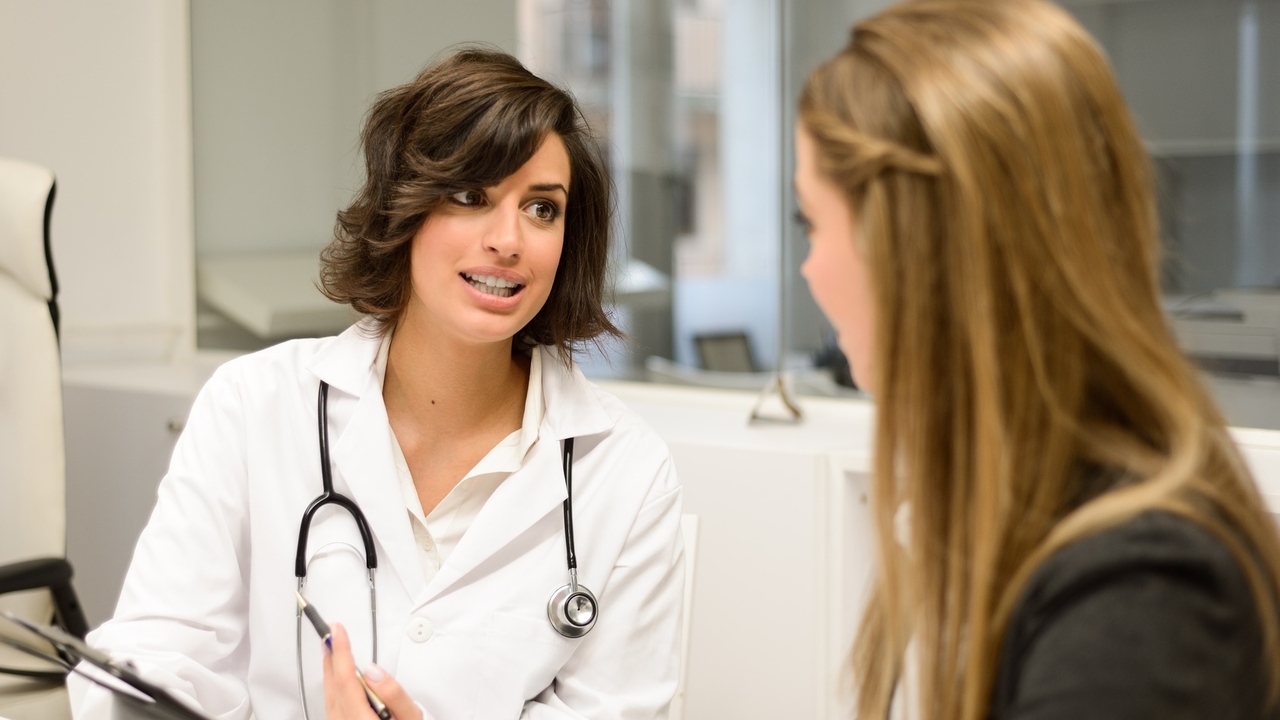A study in the Journal of the American Medical Association claims that Gardasil, the human papillomavirus vaccine (HPV), is no riskier than other vaccines, but shows small percentages of fainting or developing blood clots as side effects after the shots.
CNN reports that one in four American girls between 13 and 17 have been given at least one of the shots that has been marketed as a method of preventing cervical cancer. Gardasil is a vaccine that protects against four HPV strains, which cause many cases of cervical cancer and genital warts. In 2007, the Center for Disease Control and Prevention added Gardasil to the list of childhood vaccines to be given in three doses to girls ages 11 and 12, providing catch-up doses for women who had not been vaccinated earlier and are between 13 and 26.
CNN goes on to report that many health professionals remain doubtful of the vaccine, claiming that many of the materials given to medical associations to review failed to properly evaluate the pros and cons of the vaccine.
The drawbacks of the vaccine seem minimal, according to reports to the Vaccine Adverse Events Reporting System. 94 percent of the doses that caused some type of adverse event were not considered serious. Some of the side effects of getting the shots have included fainting, headaches, nausea or a skin rash. Extreme cases have shown autoimmune reactions such as Guillain-Barre syndrome. Many are concerned about the high cost of the vaccine as well - three shots cost about $360.
Last year, Karen Springen at Newsweek speculated about why the HPV Vaccine rates are so low, despite it being one of the most effective ways to prevent cervical cancer. Many people are uninformed about HPV and its connection to cervical cancer. Many are apprehensive about the inconvenience of getting the shots. She also lists the possibility that parents don't like the idea of vaccinating their children for a disease that is contracted through sexual activity.
Overall, it seems that there is still research to be done about Gardasil, but that research shows that it is an effective way to prevent women from contracting a terrible disease that has an overall survival rate of 72 percent. In the conversation about sexual health, HPV and HPV prevention need to be discussed, and making parents and young women aware about the issues is extremely important. While parents may be weary of thinking about sexual health for their children, they might find themselves thankful about it later on.






Add a Comment1 Comments
Nina,
I don't see how this study can claim that the HPV vaccine is in fact safe. Aside from the blood clots, fainting, Guillain-Barre Syndrome, and possbly death directly linked to the HPV vax, the true adverse effects remain to be seen 10, 20 years from now when it's all said and done.
It is impossible to determine how such a new vaccine can already be labeled as "safe" by some study. I, personally, still fall under the age bracket to get this vaccine and would not get nor would I give it to a daughter of mine-- maybe by the time I have a daughter and she is old enough to get this vaccine, more questions will be answered about Gardisil until then-- not for me.
August 26, 2009 - 6:09amThis Comment